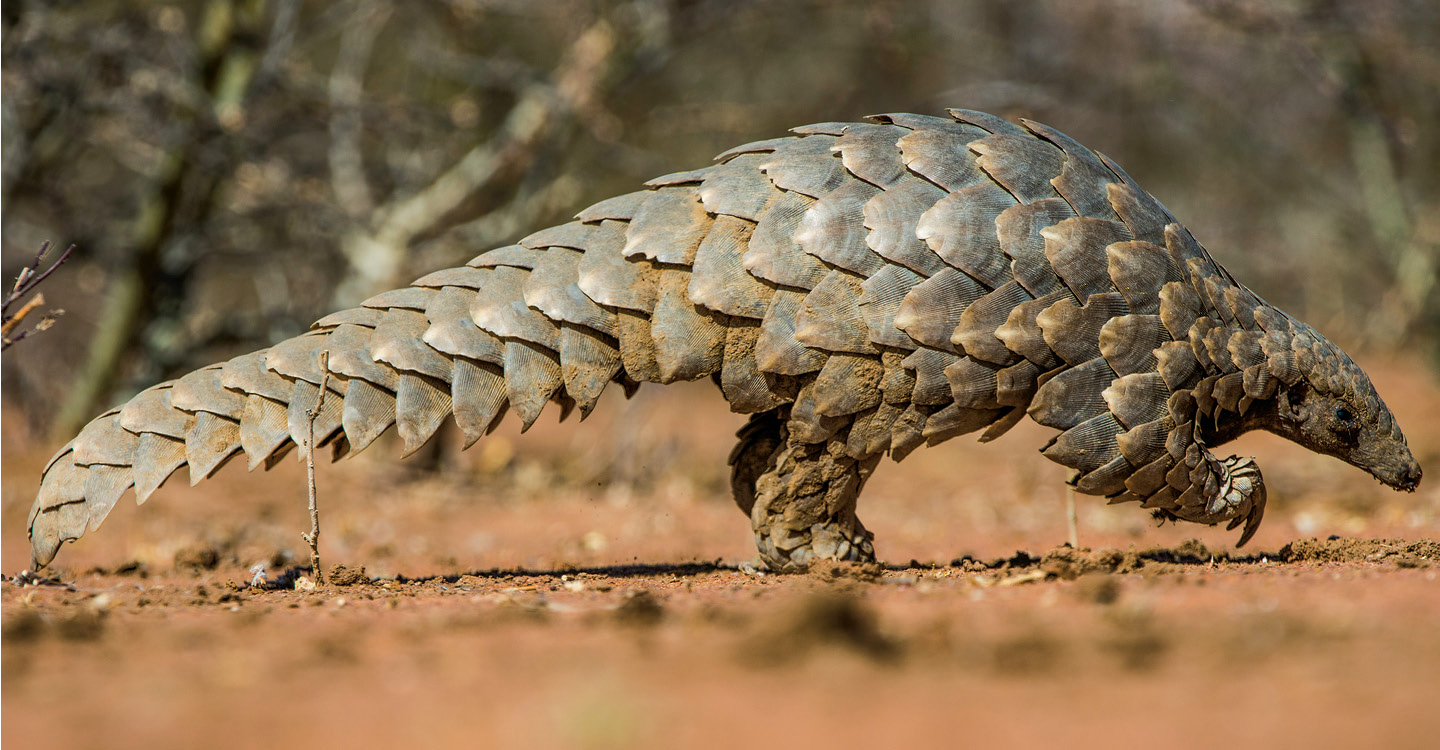You may have recently heard about the pangolin, as scientists think the animal may have helped spread the coronavirus. (Scientists still think bats were the original host, however.) But before you get mad at the pangolin, it’s important to know that these creatures have had a rough time themselves. One of the world’s most trafficked and endangered mammals, they live in Africa and Asia but are illegally hunted and imported into Chinese markets. (Their meat is considered a delicacy, and their scales are used in Chinese medicine.) A 2016 report found that more than 1 million pangolins were poached over the previous decade, accounting for as much as 20 percent of all illegal wildlife trading. China recently announced a wildlife trade and consumption ban, but experts say global efforts will be needed to save declining pangolin populations. The virus outbreak should serve as a warning for humans to protect more of nature or face the consequences, Peter Knights, CEO of the charity WildAid, told news agency AFP. “If we heed the warning,” he said, “not only will we protect human life, but we could actually save species like pangolins.”

